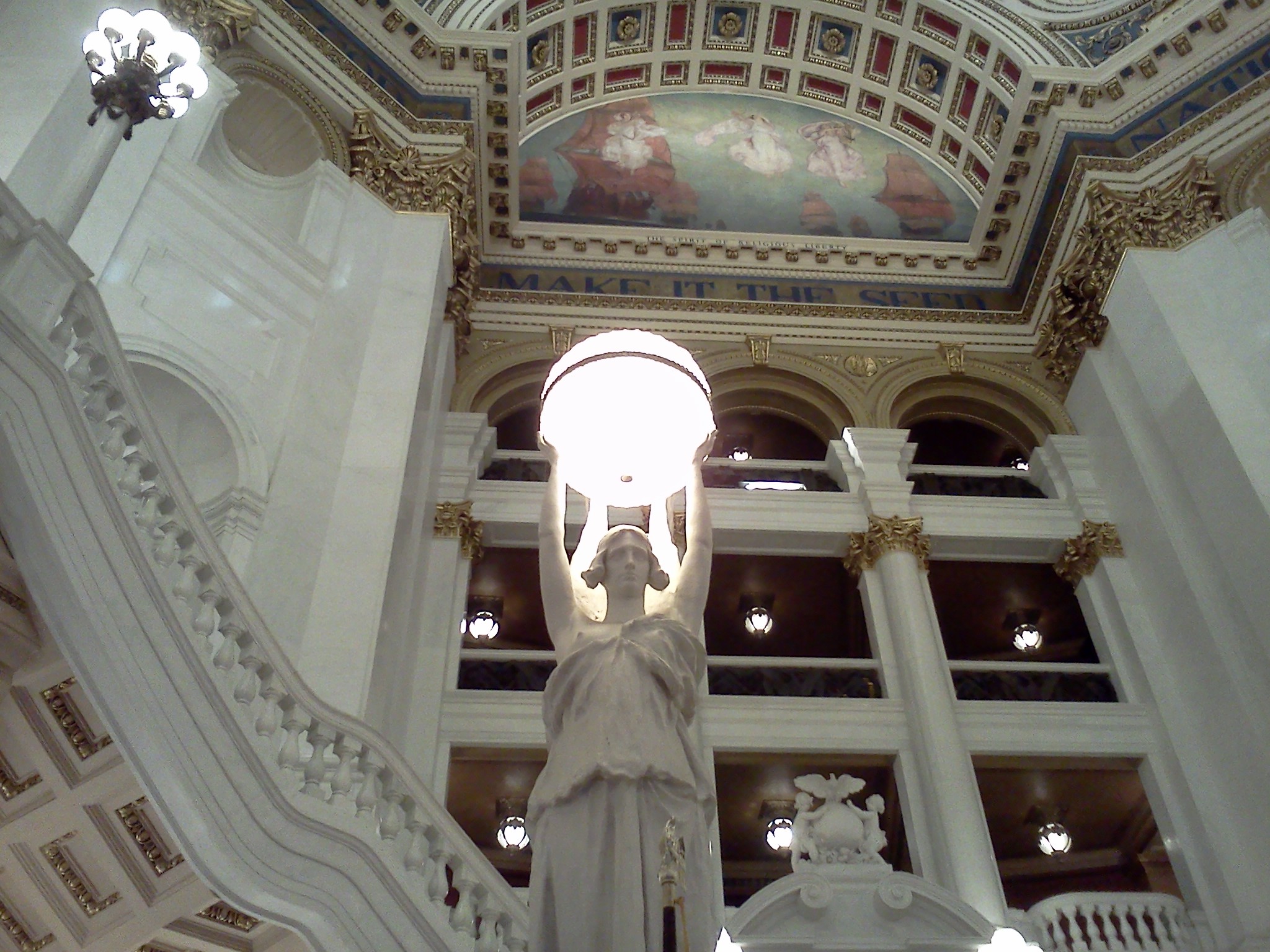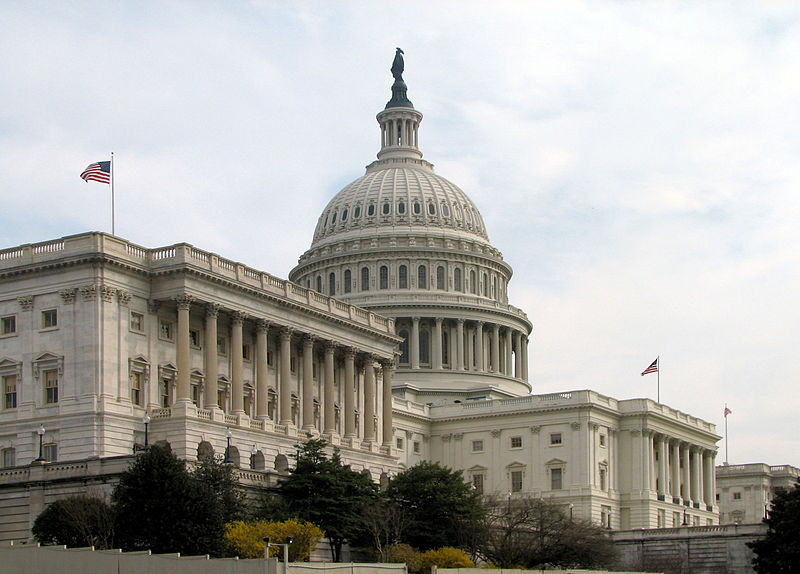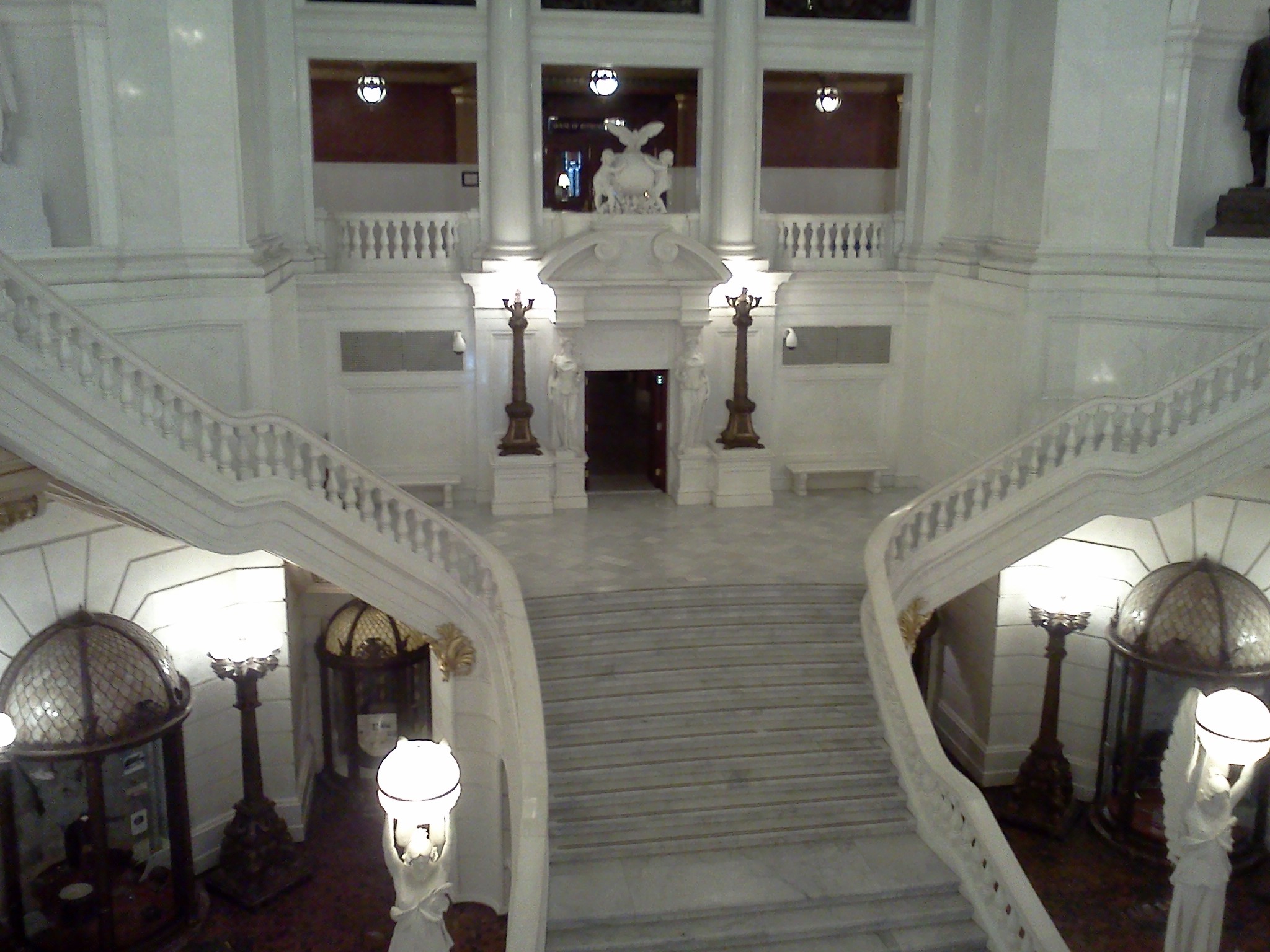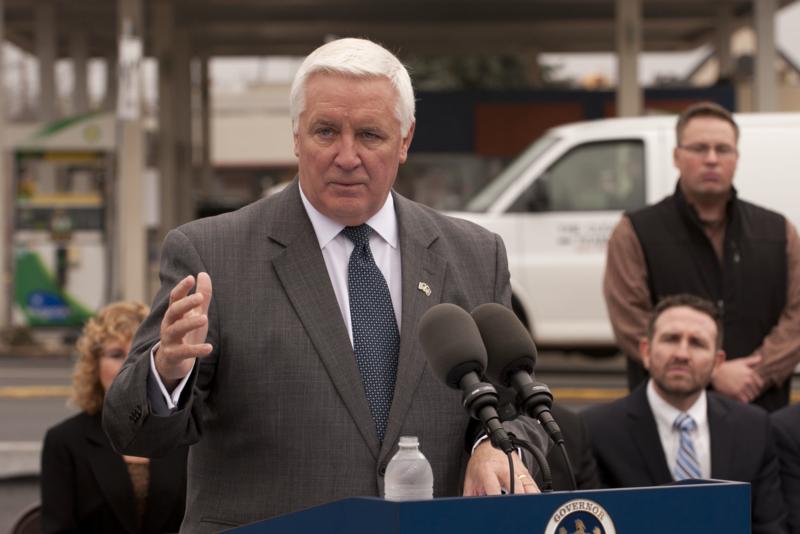The Corbett administration believes the price of doing business in Pennsylvania is too high. So they plan to finally eliminate the capital stock & franchise tax as of January, and want to gradually reduce the state’s corporate net income tax from 9.99% – 6.99% over the next 12-years.
“Governor Corbett’s broad-based tax reform proposal sets the stage for robust economic growth by developing a competitive business tax structure, as well as improving the process of collecting taxes and simplifying the tax code,” Revenue Secretary Dan Meuser told the House Finance Committee on Thursday.
But minority chair Phyllis Mundy (D-Luzerne) told Meuser there’s one glaring omission: the plan does not close corporate tax loopholes, like the Delaware Loophole. Mundy is the prime sponsor of legislation that would do that via combined reporting, but Meuser suggests it would do more harm than good.
Mundy also points out that the corporate tax breaks proffered by the administration would result in an $800-million dollar annual loss to state tax revenues when fully implemented. “And I’m not at all sure – I wish I could believe – that these tax cuts for large corporations would result in enough job creation to overcome that deficit,” she says.
Meuser, however, says the economic growth spurred by the governor’s tax plan will mean $1-billion dollars in new state tax revenue by 2030. “That comes from personal income growth, that comes from employment and that comes from sales tax revenues that are derived from those who are now working that weren’t before.”
The state has the 2nd highest corporate net income tax in the nation and is one of only a few states that tax both business income and assets, in that the capital stock & franchise tax is a levy against a business’s assets regardless of whether it made money or not.
The Corbett Tax Plan would also raise the cap on net operating loss deductions, allow for start-up business deductions, repeal the corporate loans tax and eliminate what Meuser describes as “nuisance taxes.”
But everything is subject to the approval of the General Assembly, and as members of the Finance Committee exited Thursday’s hearing they surely noticed the protesters in the capitol rotunda who rallied against the Corbett plan and argued that corporate tax breaks do not create jobs.













